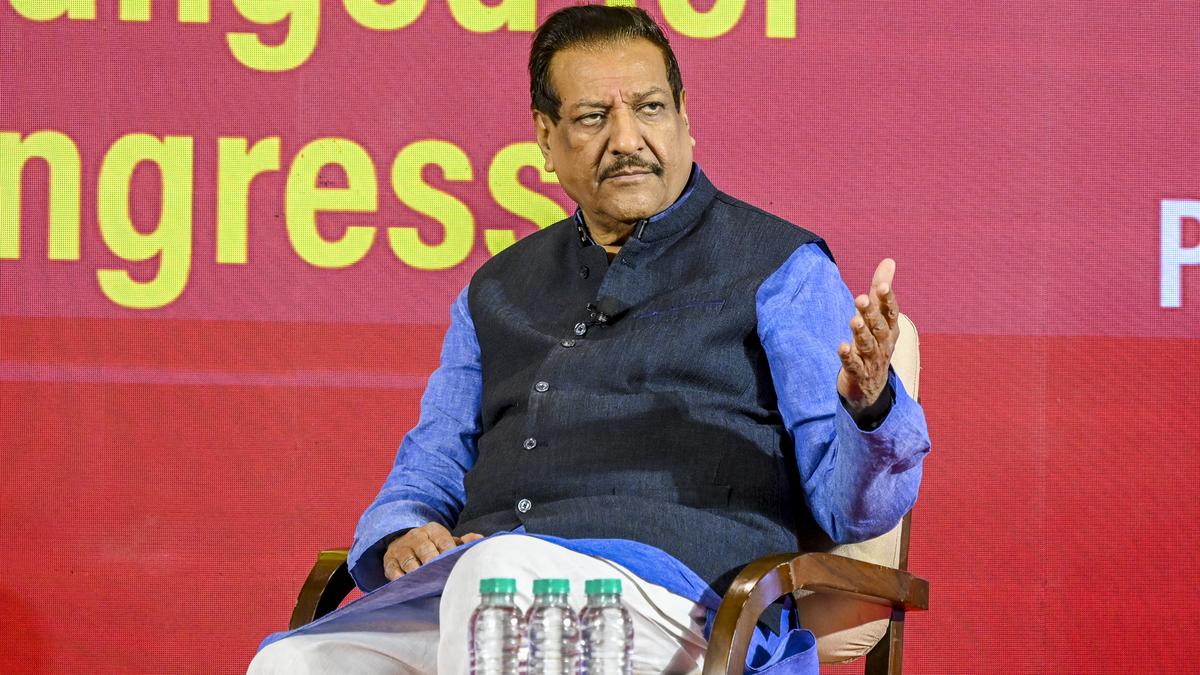Now Reading: Telangana Surrogacy Scam: Uncovering the Baby Trade
-
01
Telangana Surrogacy Scam: Uncovering the Baby Trade
Telangana Surrogacy Scam: Uncovering the Baby Trade
Quick Summary
- Location and Context: Secunderabad railway station in Telangana is a hub for medical tourism, including fertility treatments.
- Incident Overview: A Rajasthan couple seeking IVF at Universal Srushti Fertility center was persuaded into surrogacy at ₹30 lakh. They later discovered the baby handed too them was unrelated after DNA testing.
- Police Inquiry: Uncovered a baby-selling racket involving falsified documents, unethical surrogacy practices, illegal commissions, and unlicensed operations. At least 15 couples were cheated.
- Key Arrests: Clinic owner Pachipala Namratha was booked under multiple laws including the Bharatiya Nyaya Sanhita Act and surrogacy (Regulation) Act; arrests extended to brokers and alleged participants in selling babies.
- Scam Details: Vulnerable women were manipulated to unwittingly provide newborns passed off as surrogate children. Agents sourced egg/sperm donors via exploitation schemes; one facility violated licensing regulations for years.
- Past Cases & Legal Violations: NamrathaS license had been earlier suspended due to involvement in similar practices; stringent laws like the Surrogacy Regulation Act, 2021 emphasize ethical standards but enforcement gaps remain.
[Photo captions from G. Ramakrishna show suspect interrogation and hospital exteriors]
Indian Opinion Analysis
India’s growing fertility industry faces serious challenges regarding ethical oversight despite tighter legislation like the Surrogacy (Regulation) Act of 2021. The Telangana case reveals systemic gaps-unlicensed facilities exploiting socio-economically vulnerable individuals alongside falsified documentation undermines trust in such vital health services. While introduced safeguards such as Aadhaar-linked donor tracking or RI witness can reduce malpractice risks,effective enforcement relies equally on stronger audits across smaller clinics outside metropolitan centers.
The implicated doctor’s history raises questions about institutional accountability when prior sanctions fail to prevent repeat offenses. Clear frameworks enabling swift action against violators without legal obstructions are key for ensuring confidence among both patients seeking fertility options and donors partaking ethically within proper systems.
Moreover, cases such as selling infants highlight broader societal issues like economic desperation being exploited-requiring intervention beyond healthcare policy alone but extending into welfare reforms impacting marginalized groups central within these unethical trade networks.
For further details refer here.

























